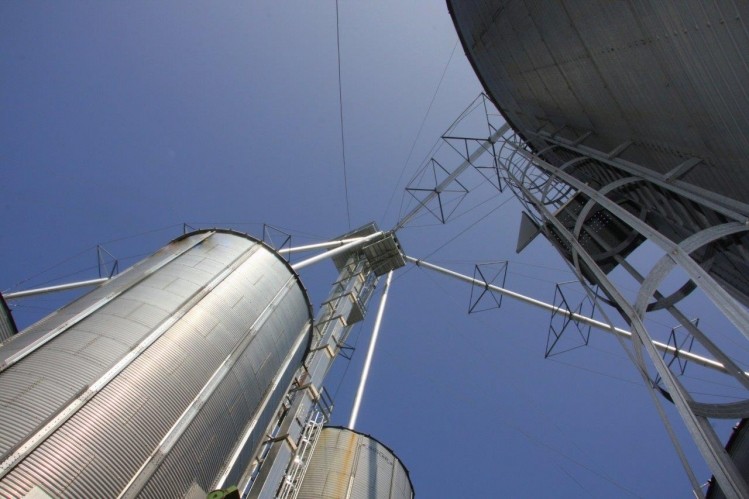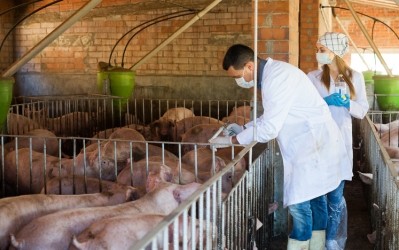California feed company settles contamination case, must pay out over $725K

The settlement announced last week, came after incidents alleging the improper mixing or generation of feed in 2015 and 2016 by the company that reportedly led to the deaths of 19 horses and several calves, said the department.
“CDFA is pleased with this outcome,” the department told FeedNavigator. “Ensuring that safe animal feed is manufactured in California is the program’s top priority and we believe we have accomplished this through this settlement with Western Milling LLC.”
The feed company did not return calls for comment.
Contamination concerns recap
Western Milling was a feed manufacturer operating in Goshen, California using a commercial feed license, the settlement said. That license expired in June 2016.
The CDFA contends that in September 2015, the company made and sold a horse feed that had been adulterated with monensin – a type A drug known to be toxic or injurious to horses, according to the documents. The feed has been implicated in the death of 19 horses.
It is thought by the department what about 1,100 bags of feed were adulterated and that 668 bags were found to be on the market, according to documents.
Additionally, the CDFA has said that in August of 2016 Western Milling made and distributed a cattle feed that was not properly mixed so bags had varying levels of monensin and some contained an amount higher than the 1,200g per ton stated on the label, the settlement said. Also, labels on the bags were partially illegible.
The department contends that these actions were violations of portions of both the Food and Agricultural Code and the California Code of Regulations.
Settlement process and details
The settlement was arrived through negotiation between the department and the feed company, said CDFA. “CDFA was represented by the attorney general’s office and the case was mediated by an administrative law judge,” the department added.
In the settlement agreement, Western Milling said it denies all liability or wrongdoing in regards to the manufacture of the lot of feed from September 2015 and in connection with the manufacture of the cattle feed in August 2016.
In April of 2016, the CDFA formally informed Western Milling that its commercial feed license would be revoked based on the production on an adulterated feed, which was a violation of the Food and Agricultural Code, according to settlement documents.
At that time, Western Milling asked for a formal hearing on the matter, the settlement stated. Work on settlement negotiations started that August.
In October 2016, the CDFA started the process of formally denying a license to Western Milling and the company asked for a formal hearing on the matter, according to settlement documents. The department filed for temporary injunctive relief in the matter in December.
“After arms-length negotiations, the parties have reached and entered into this agreement,” the settlement said. “The parties believe this agreement has been negotiated in good faith and that it is fair and reasonable. The department believes that this agreement is in the best interests of the people of the state of California.”
In the settlement, the feed company agreed that it will stop making feed for horses at its facility in Goshen.
Future feed handling and storage
The company also agreed to several changes in process and procedure regarding handling and storage of feed and feed ingredients, according to the settlement documents. Western Milling said it would maintain records for good manufacturing practices (GMPs) for the commercial feed it makes there.
It will also keep samples all animal feed made at the facility for 90 days, for bulk products, or 120 days, for all bagged feeds, according to settlement documents. Storage procedures for samples are to be improved as well.
The site is to be split into two facilities one to handle ionophore products, the settlement said. A daily inventory of drugs and bulk feed ingredients is to be performed and documented.
“For all animal feed manufactured at the Goshen Facility, medicated ‘flush’ screenings to be utilized for animal feed will be samples before leaving the facility and the medicated ‘flush’ screenings and tested shall be documented,” it stated.
Additionally, the company is to act in accordance with state and federal law and regulation and the CDFA has the ability to audit actions at the site as desired, according to settlement documents. And, part of the fine will pay for increased automation for ingredient identification, mixing, documentation and segregation.
However, if the feed company adheres to the requirements, its commercial feed license will be renewed, the settlement stated.









